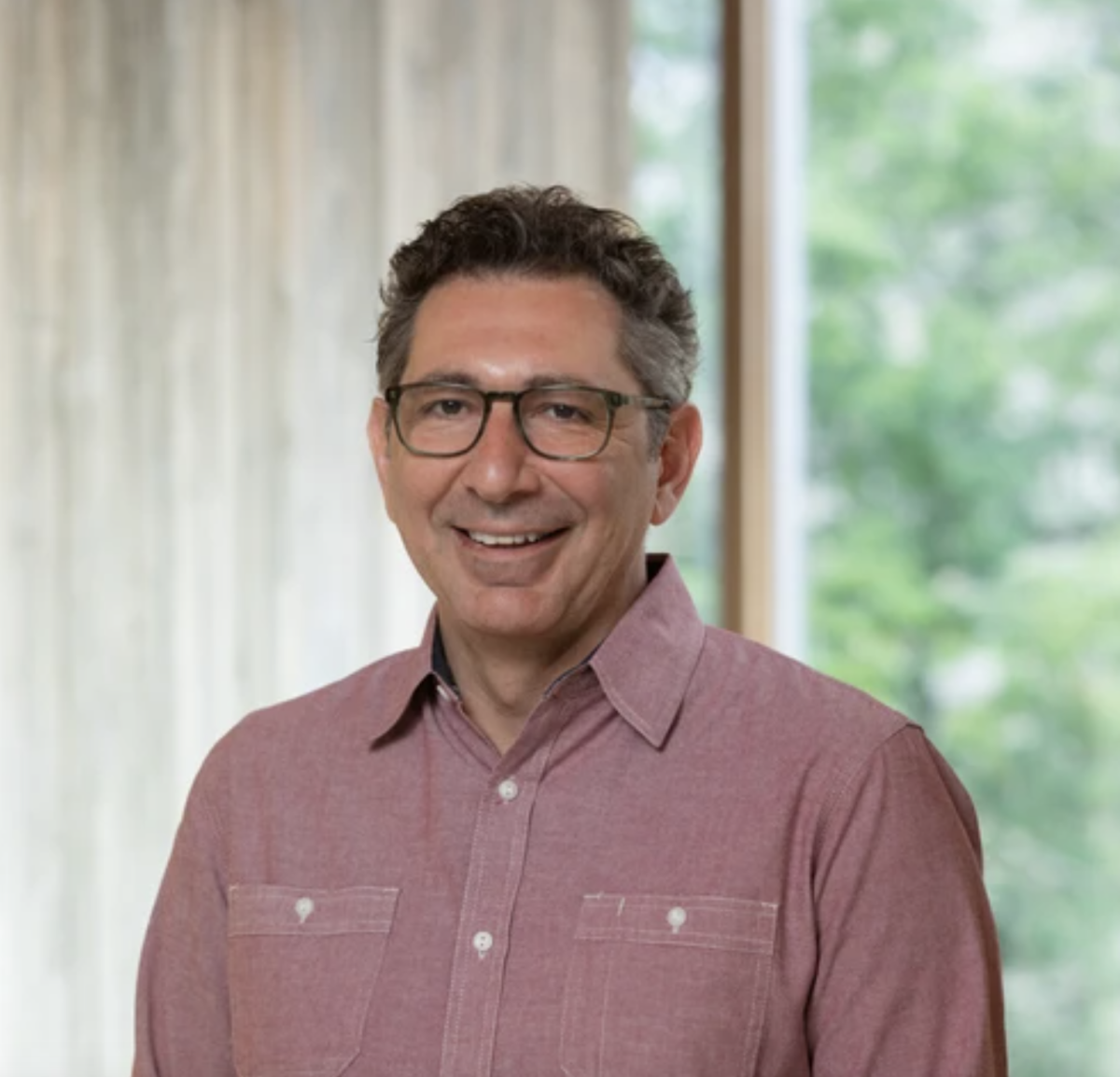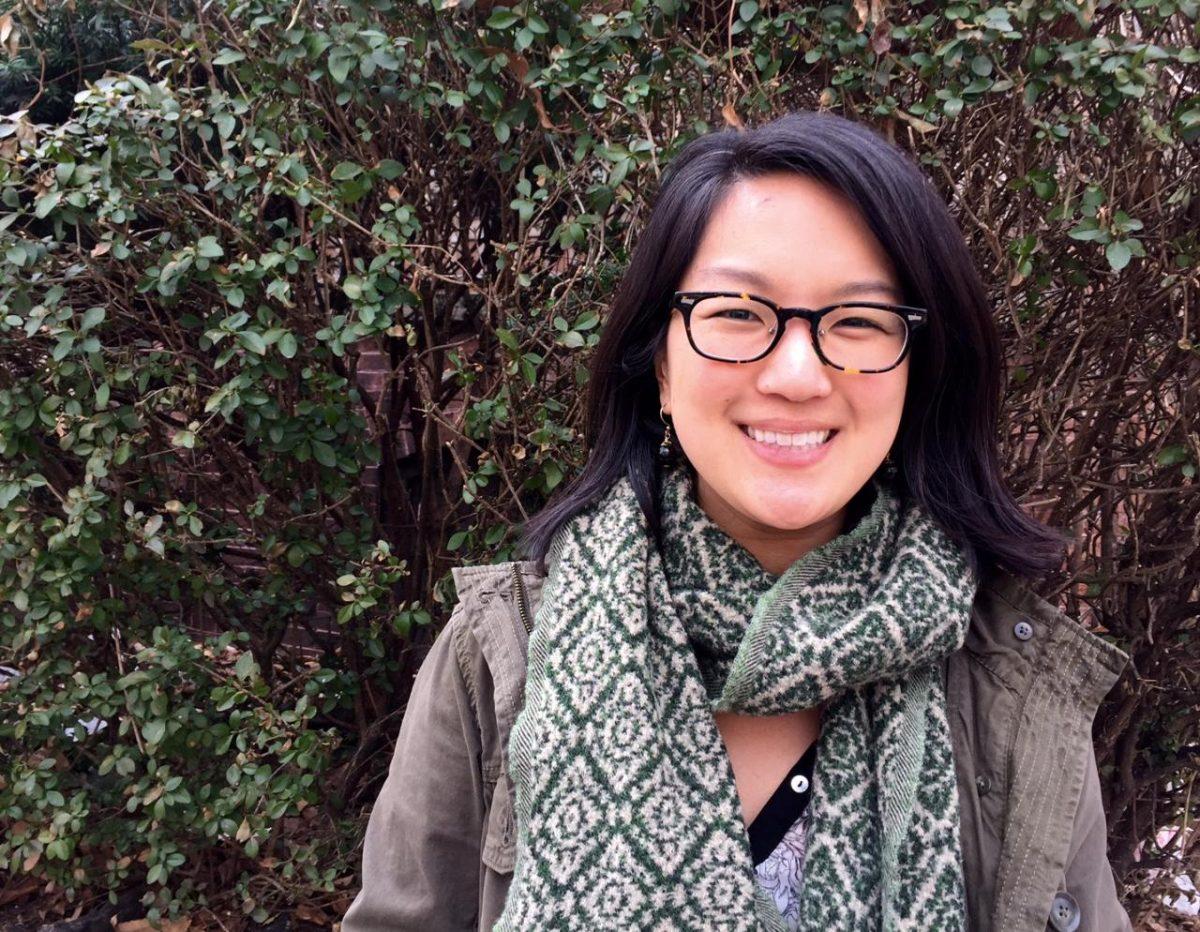Though it is one of the country’s fastest- growing industries, the technology and computing sector is still characterized by an underrepresentation of employees who identify as minorities, including women. Both students and faculty in Wellesley’s computer science (CS) department have recently engaged in efforts to promote inclusivity and diversity within the department, working towards the larger objective of closing the gaps that are prevalent in the eld of technology today.
The efforts to foster equity and inclusion within the department were largely initiated by students. During her rst year at Wellesley, Jess Abramson ’19 took an introductory computer science course but found herself struggling to pay attention. After later undergoing testing, she was diagnosed with ADHD and began to feel lonely and secluded from her peers in her computer science classes.
When Abramson was applying for a Google scholarship for students with disabilities, it occurred to her that it was unlikely she was the only computer science student with a disability who felt this way.
“I knew the faculty really, really cared about the department being inclusive and welcoming, but I realized they didn’t always know how to help students with minority identities because there wasn’t enough conversation around it,” she said.
Last March, Abramson organized a conversation for computer science students with disabilities, an event that was attended by over a dozen students. Faculty of the department were not invited to the event. The group discovered that they had much to share with the faculty, and Abramson organized a survey to send to all computer science students in order to acquire a broader understanding of others’ experiences.
Abramson explained that the survey, which was sent out last spring after the conversation, had two main objectives.
“The first [objective] was to gain a more systematic and complete picture of students’ experiences in the department, what different groups of students were experiencing, what challenges students were facing, and where there was the most opportunity and need for change,” she said. “The second was to gather a collection of concrete ideas for how the department could be made more welcoming and inclusive.”
The questions in the survey covered a range of topics from student demographics to the stressfulness of their experiences in the computer science department, as well as suggestions for ways the department could further promote inclusion.
The results of last spring’s survey were recently presented at another department- wide conversation in September.
“One of the biggest take-aways was that students from underrepresented groups, including underrepresented minority students, first generation college students, students with disabilities and LGBTQ students, feel less of a sense of belonging in the department than students who don’t identify with those groups,” said Abramson.
She expressed that the computer science faculty and the college administration have been supportive of students’ efforts to foster equity and diversity within the department.
“When I first started reaching out to faculty about organizing the survey or the resulting conversations, the most common response I got was, ‘How can I help?’” she said. “The conversations and initiatives that have been happening have really been a collaboration between many different faculty, staff and students.” Abramson added that the faculty have organized their own conversations and invited Associate Provost and Academic Director of Diversity and Inclusion Robbin Chapman to contribute to this dialogue.
The department is currently in the process of implementing both short- term and long-term initiatives in order to address the results of the survey. Many of these initiatives are already underway, including a collaboration with the Computer Science Club to organize bigs and littles. Through this initiative, students can request to be paired with another student who shares similar aspects of their identities. For the CS 240 course, a peer mentor group has also been formed for students who identify as underrepresented minorities.
“I’m excited about the initiatives and their potential impact,” said Sophia Rosas-Smith ’20, who helped facilitate the conversation in September. “My current CS professor has already started implementing some of the faculty initiatives in my class, partnering more experienced students with less experienced ones for projects and encouraging students to make an appointment to chat and introduce themselves for 10 minutes. It has de nitely been helpful.”
Abramson explained that she feels it is important that the computer science department in particular fosters equity and inclusivity because in the outside world, the lack of minorities and women in this field is quite noticeable.
“By nature of being a women’s college, the students in the CS department here are already underrepresented in the greater world of computer science. For that reason, I think Wellesley has a unique opportunity to serve as part of the solution to the lack of diversity in CS,” said Abramson.
She added that the computer science department was an opportune place to introduce initiatives.
“Because most of us are already part of an underrepresented group, the Wellesley CS department is one step closer to being a space where the idea of who can be a computer scientist is rede ned, and the usual barriers are lessened, and because many of the people in the department are really invested in increasing diversity in CS, we’re the perfect place to be trailblazing in our efforts,” she explained.
The chair of the computer science department, Brian Tjaden, reflected on students’ efforts to foster more diversity and inclusion within the department.
“At Wellesley, the CS Department places the highest value on having an inclusive community and providing an environment where all students can thrive and feel a sense of belonging. This is an area that all members of the CS community—students, faculty, alumnae, staff—are active in supporting,” he said. “It has been wonderful to see students’ engagement, especially in recent months, with this issue.”
Abramson explained that she felt other departments at Wellesley, as well as in other institutions, likely encounter similar challenges in promoting inclusivity and diversity. However, she added, “I think the CS department is unique not in its struggle to reflect the diversity of the outside world, but in its willingness to tackle this struggle vocally and proactively.”








